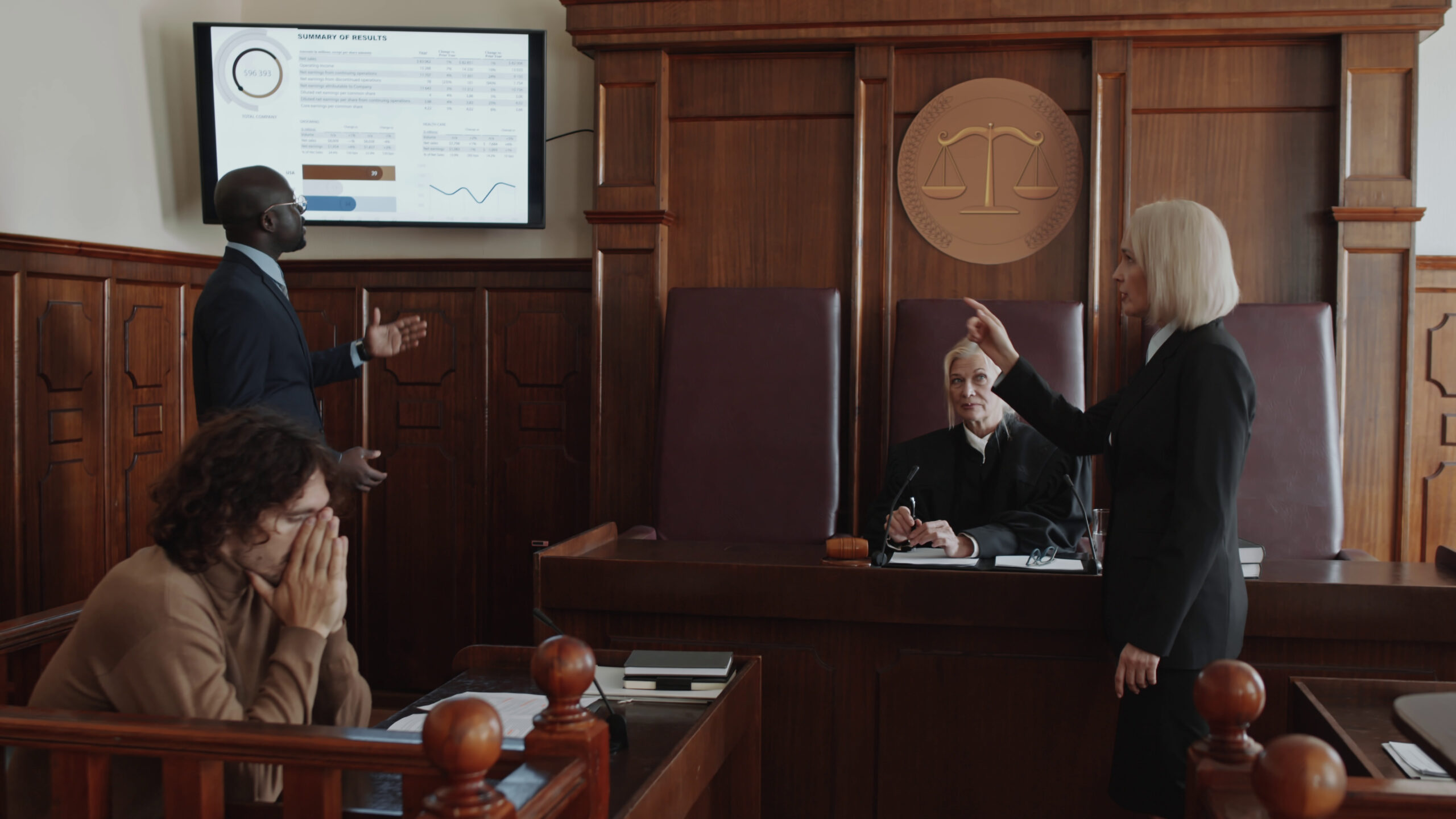When a Defense Motion for Mistrial Does Not Waive Double Jeopardy in Florida
By Fighter Law – Orlando Criminal Defense Attorney
Most people have heard of double jeopardy — the rule that says you can’t be tried twice for the same crime. But what happens if a trial is stopped in the middle because of a mistrial? Can the State try again? The answer is usually “yes”… but not always. In Florida, there are important exceptions that can make a mistrial the end of the case for good.
What Is a Mistrial?
A mistrial happens when something goes wrong during trial that makes it unfair to continue. Common reasons include:
- Improper comments from the prosecutor or defense attorney
- Juror misconduct
- Prejudicial evidence being shown to the jury
- Unexpected legal errors that can’t be fixed with an instruction
How Double Jeopardy Usually Works After a Mistrial
Under both the U.S. and Florida Constitutions, once a jury is sworn in, jeopardy attaches. That means the trial officially “counts.” But if the defense asks for a mistrial, courts typically allow the State to retry the case. The logic is that by asking for the mistrial, the defendant is waiving double jeopardy protection.
The Exception: Prosecutorial “Goading”
There is a big exception: when the prosecutor intentionally provokes the defense into asking for a mistrial. Florida courts have recognized this rule for decades. In Duncan v. State, 525 So.2d 938 (Fla. 3d DCA 1988), the court said prosecutors cannot deliberately “goad” the defense into requesting a mistrial just to get a second chance with a new jury. If that happens, the defense can argue that double jeopardy bars retrial altogether.
For background on double jeopardy principles, see Encyclopedia Britannica and a Yale Law Review article.
Florida Trial and Mistrial Statistics
Florida sees thousands of jury trials every year, but mistrials are relatively rare. Nationally, studies show that about 5–7% of criminal jury trials end in mistrial, most often because jurors can’t agree on a verdict (a “hung jury”). Florida’s rates are estimated to be similar, with hung juries being the most common reason.
| Location | Mistrial Rate | Most Common Cause |
|---|---|---|
| Florida (Felony Trials) | ~8–10% | Hung Jury |
| United States (National Avg.) | ~5–7% | Hung Jury |
Why This Rule Matters
If prosecutors could force mistrials whenever things weren’t going their way, it would give them unfair chances to preview the defense case or try again with a fresh jury. The rule against prosecutorial goading protects the fairness of the system — and sometimes, it can mean the end of the case for good.
Other Common Pre-Trial Motions in Florida Criminal Cases
Mistrials and double jeopardy are just one piece of a defense lawyer’s toolkit. Other key motions include:

Frequently Asked Questions
Does a mistrial mean the case is over?
Not usually. Most of the time, the State can retry the case. But if the mistrial was caused by prosecutorial misconduct intended to provoke it, the case may be over for good.
What is the most common cause of a mistrial?
The most common cause is a hung jury — when jurors cannot reach a unanimous decision.
Can double jeopardy ever stop a retrial in Florida?
Yes. If a judge finds that the prosecutor deliberately provoked the mistrial, double jeopardy applies, and the defendant cannot be tried again on the same charges.
How do I know if my case qualifies?
Each case is unique. The only way to know for sure is to speak with an experienced Florida criminal defense attorney who can analyze the trial record and prosecutorial conduct.
Talk to an Orlando Criminal Defense Attorney
If you or a loved one is facing criminal charges in Florida, you need a team that knows how to protect your rights at every stage — from pre-trial motions through possible appeals. At Fighter Law, our board-certified trial lawyers fight aggressively for our clients inside and outside the courtroom. Call us today to schedule a confidential consultation.


